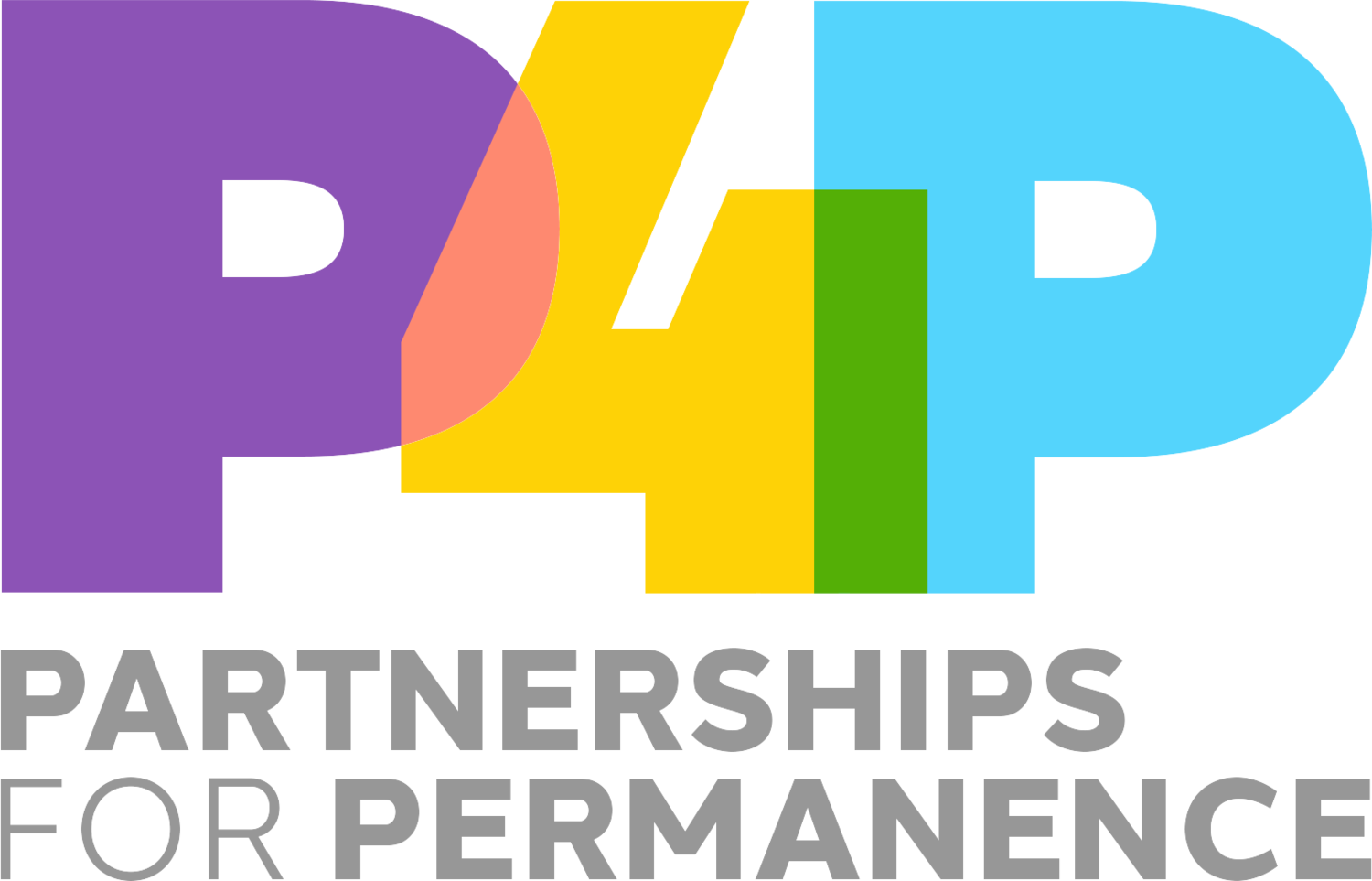
Lessons Learned about Teaching Presentation Skills to the Young People in P4P
Latest Blog Posts
Written by: Helen Holt, P4P Board Member
Copyright © 2021. Partnerships for Permanence. All Rights Reserved.









